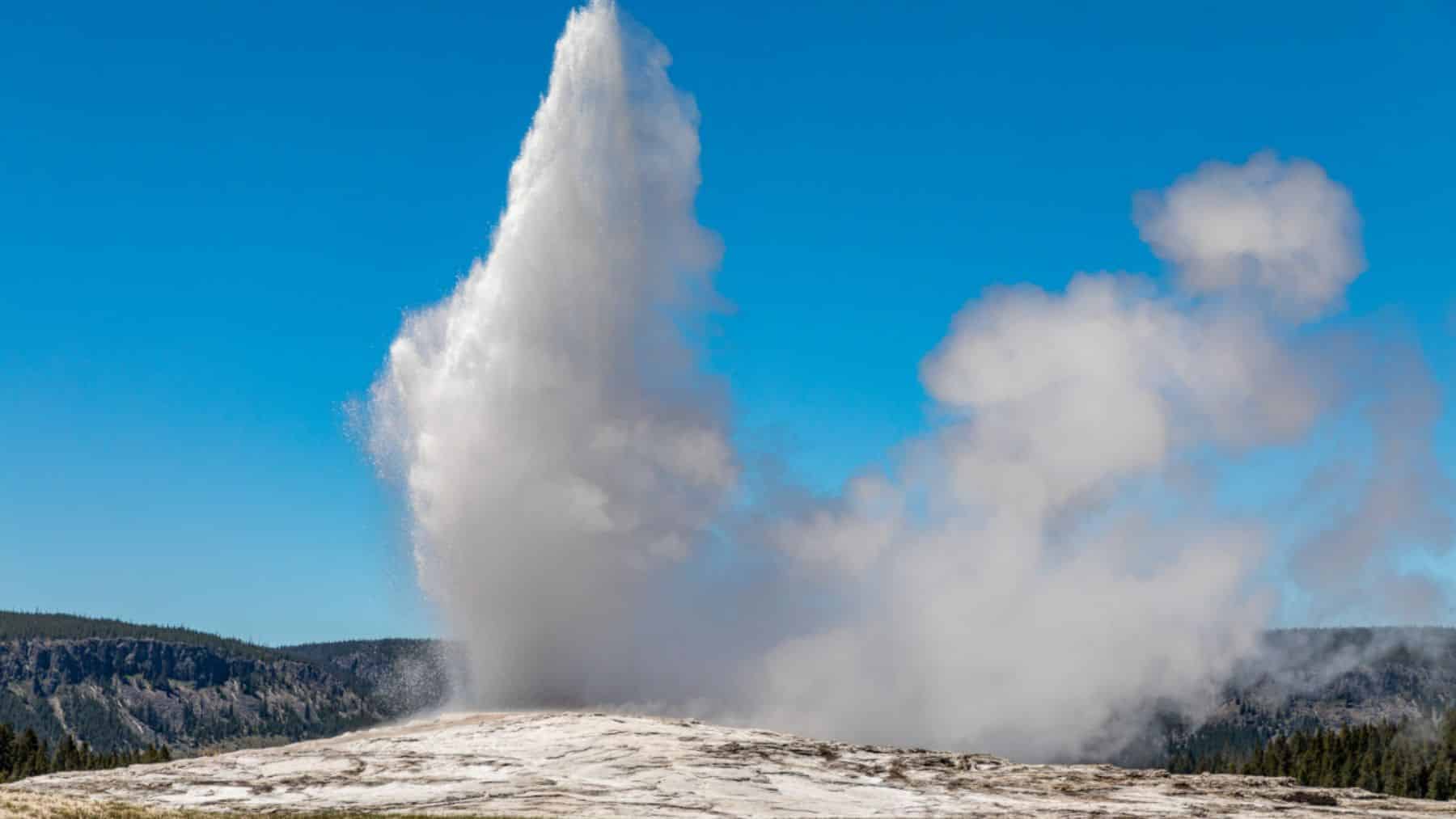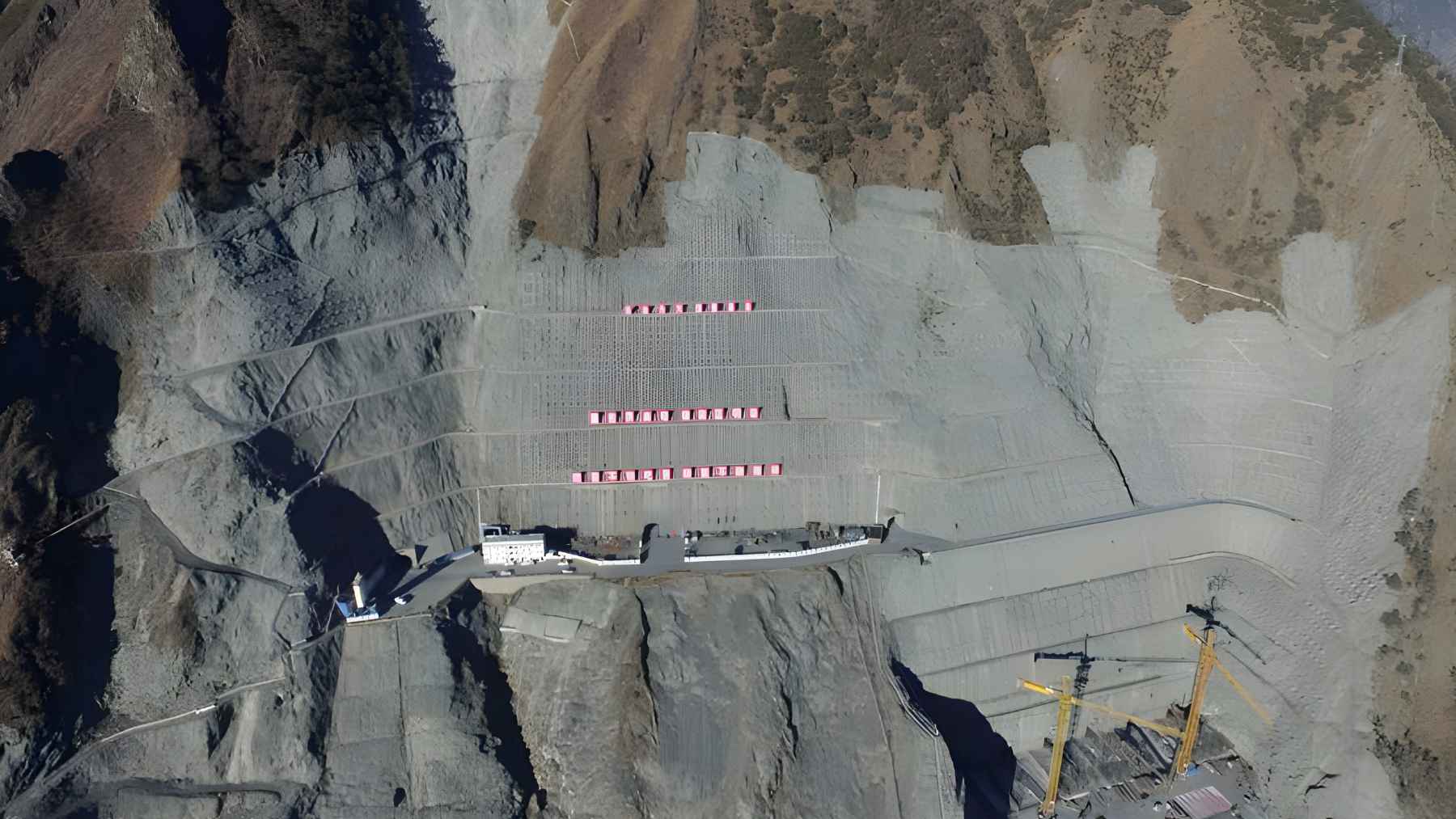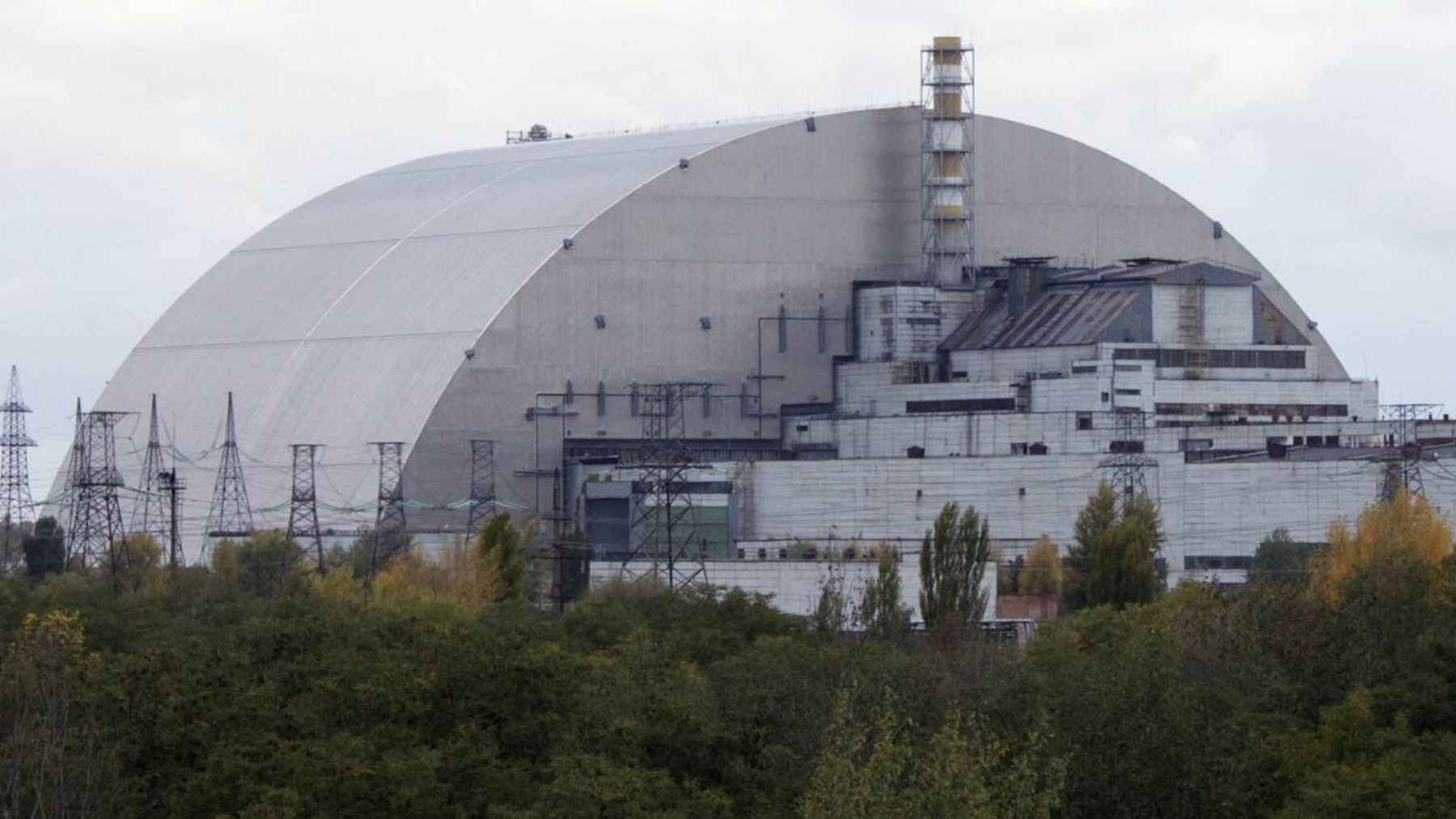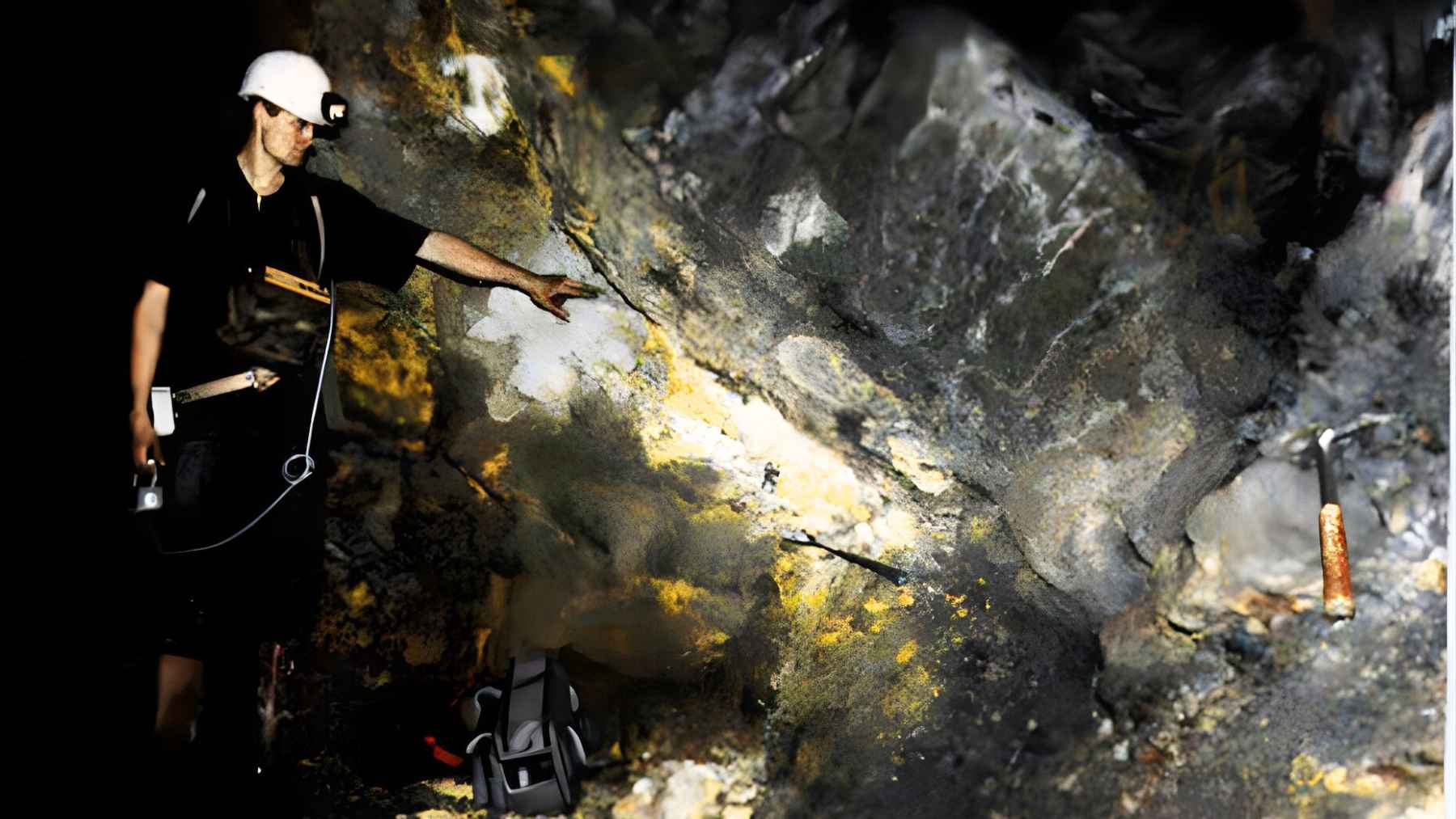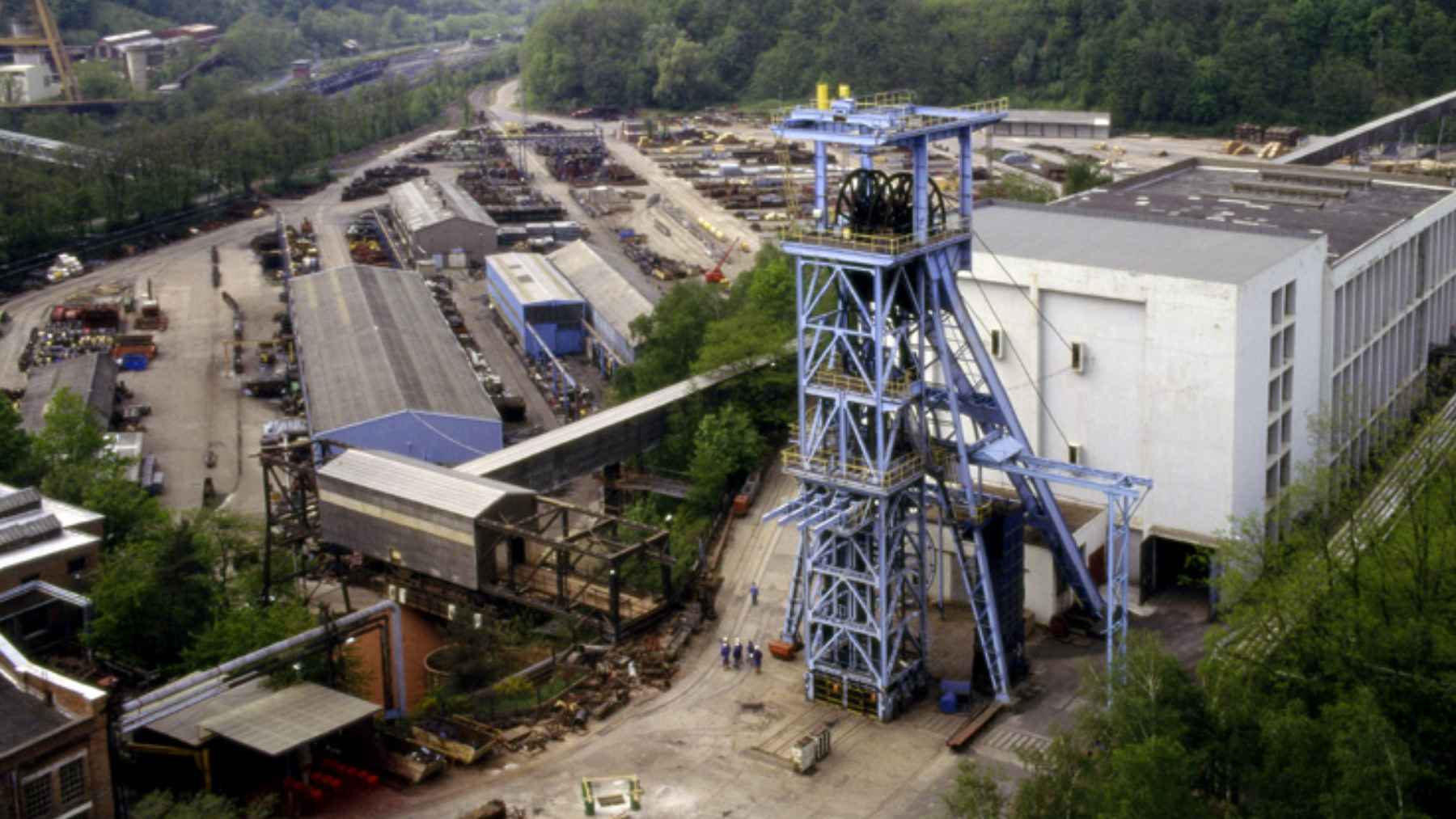One oil-rich state may have the ultimate energy source hiding beneath black rocks. Although often hailed as the state rich in terms of natural gas and petroleum, this state is becoming known as a clean energy-rich state. The state is said to have naturally occurring hydrogen. The hydrogen is not created hydrogen but hydrogen that has naturally formed over millennia. To unlock the hydrogen potential, the same drilling methods need to be used that brought about the natural oil.
From a rich oil source to a rich hydrogen source
The initiative to uncover and unlock the hydrogen potential in hydrogen reserves is led by Mark Myers. Myers is a geologist and the former director of the U.S. Geological Survey. Myers is basing this initiative on much more than just science.
Drawing inspiration from Mali in West Africa, where a village has relied on hydrogen from the ground to produce electricity since 2012, Myers understands how valuable naturally existing hydrogen can be. The hydrogen discovery in Mali was due to a forgotten water well that saw naturally pure hydrogen seeping out. Providing hydrogen power to a tiny power plant, homes in Mali can now be lit up.
Using Mali as an example, the focus shifts to the state that contains rocks. If much hydrogen potential exists that can be carefully extracted, the future of clean energy will be established in this state.
Understanding why geologic hydrogen is the best hydrogen type
Although hydrogen can be produced using fossil fuels, the gray hydrogen or black hydrogen that results is never really ideal. Producing green hydrogen through electrolysis with the use of renewable energy is rather expensive and tends to be rather energy-intensive.
On the other hand, geologic hydrogen, or white or even golden hydrogen, is the best option. Occurring naturally, this hydrogen is carbon-free and relies on no fossil fuels to be produced.
In one state, there is the potential for underground hydrogen reserves. The provisions may be as extensive as those of Australia. In Australia, a firm who were drilling into ancient rock formations reportedly found more than 90% hydrogen content.
The setback in this state remains finding hydrogen reservoirs. Since hydrogen leaks rather easily, this could be a challenge. However, should the team be up for the challenge, the state may find a new pathway to cleaner energy for the future.
Why is geologic hydrogen the answer for the future?
While the state will need to divert its focus from oil reserves to hydrogen reserves, geologic hydrogen may very well be worth finding. With geologic hydrogen, remote communities can be supported, and an export economy could be built around the cleaner fuel potential.
Myers notes that it is still early days, but if the find is well worth it, we will no longer need to make the biggest mistake in human history and turn hydrogen black.
Uncovering what lies beneath the black rocks under the ice
Alaska is the state that may have the hydrogen potential that Myers and team are in search of. Beneath rocks are areas where Earth’s tectonic plates collide, and as such hundergonewent a chemical reaction occurred that caused molecular hydrogen to form. As a result, hydrogen potential could have accumulated in underground reservoirs.
Being the stthathich has the most active subduction zones in serpentine formations, the black metamorphic rocks may hold the potential. Areas like the Brooks Range may be rather significant. Perhaps the black rocks are what we need to look towards if we are seeking a cleaner energy revolution in the near future. This American state may very well have the hydrogen potential needed. With 1,100 TWh of untapped water potential hidden under this frozen river in Alaska, as well, Alaska is the state that we should be looking at.
Disclaimer: Our coverage of events affecting companies is purely informative and descriptive. Under no circumstances does it seek to promote an opinion or create a trend, nor can it be taken as investment advice or a recommendation of any kind.
